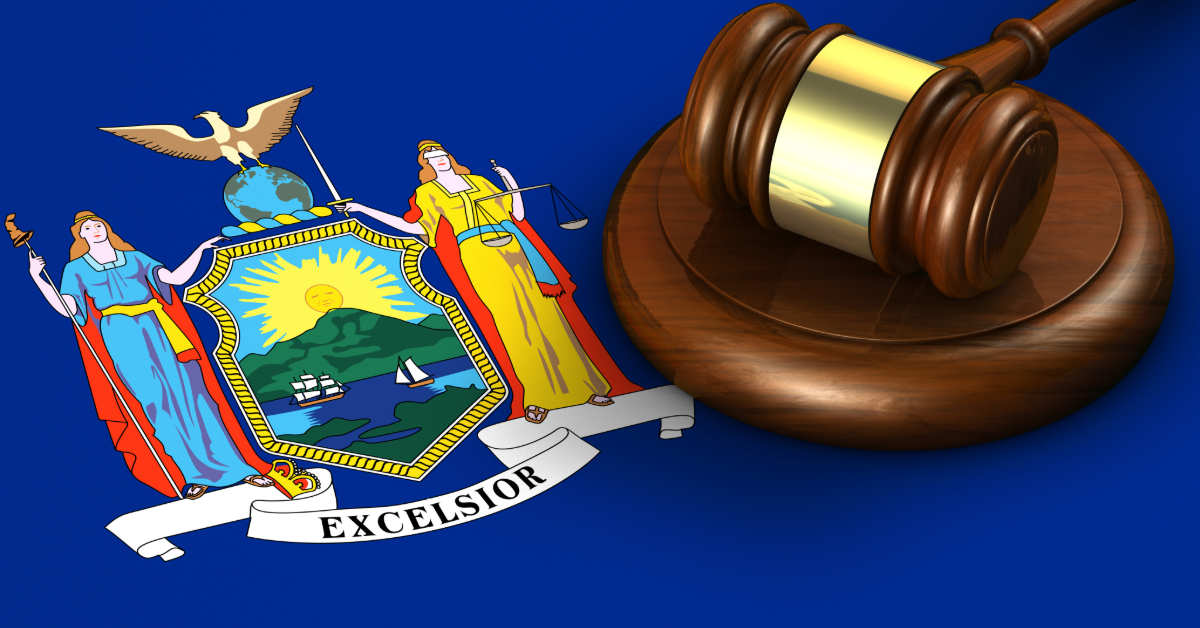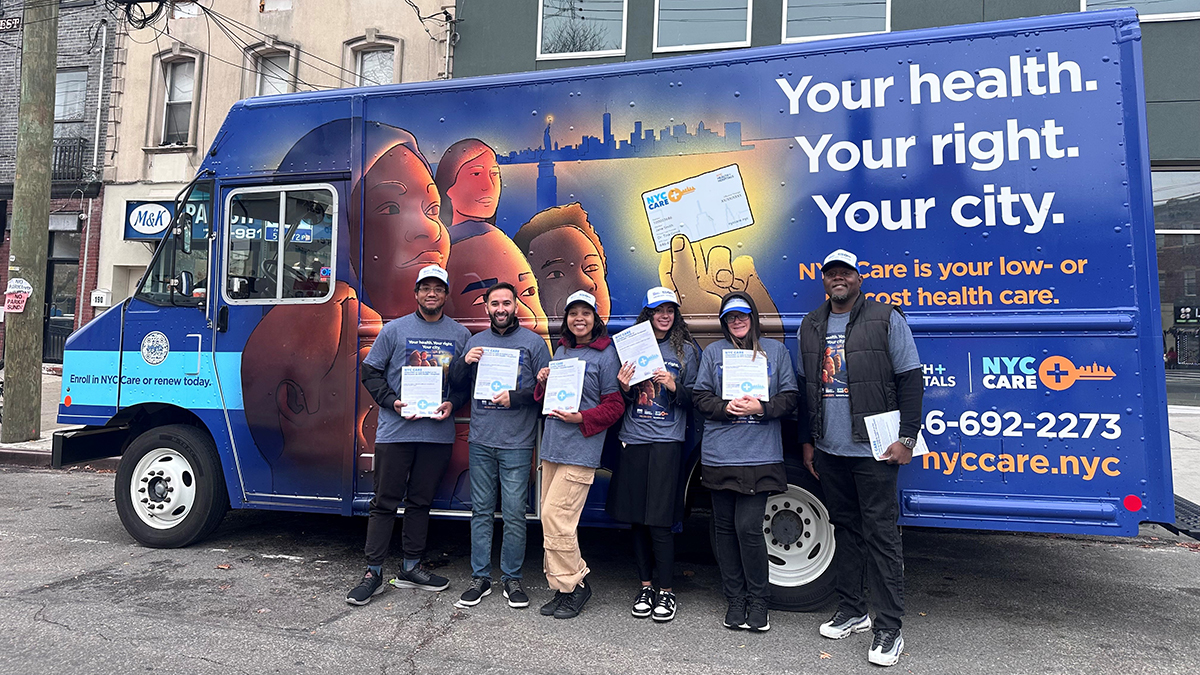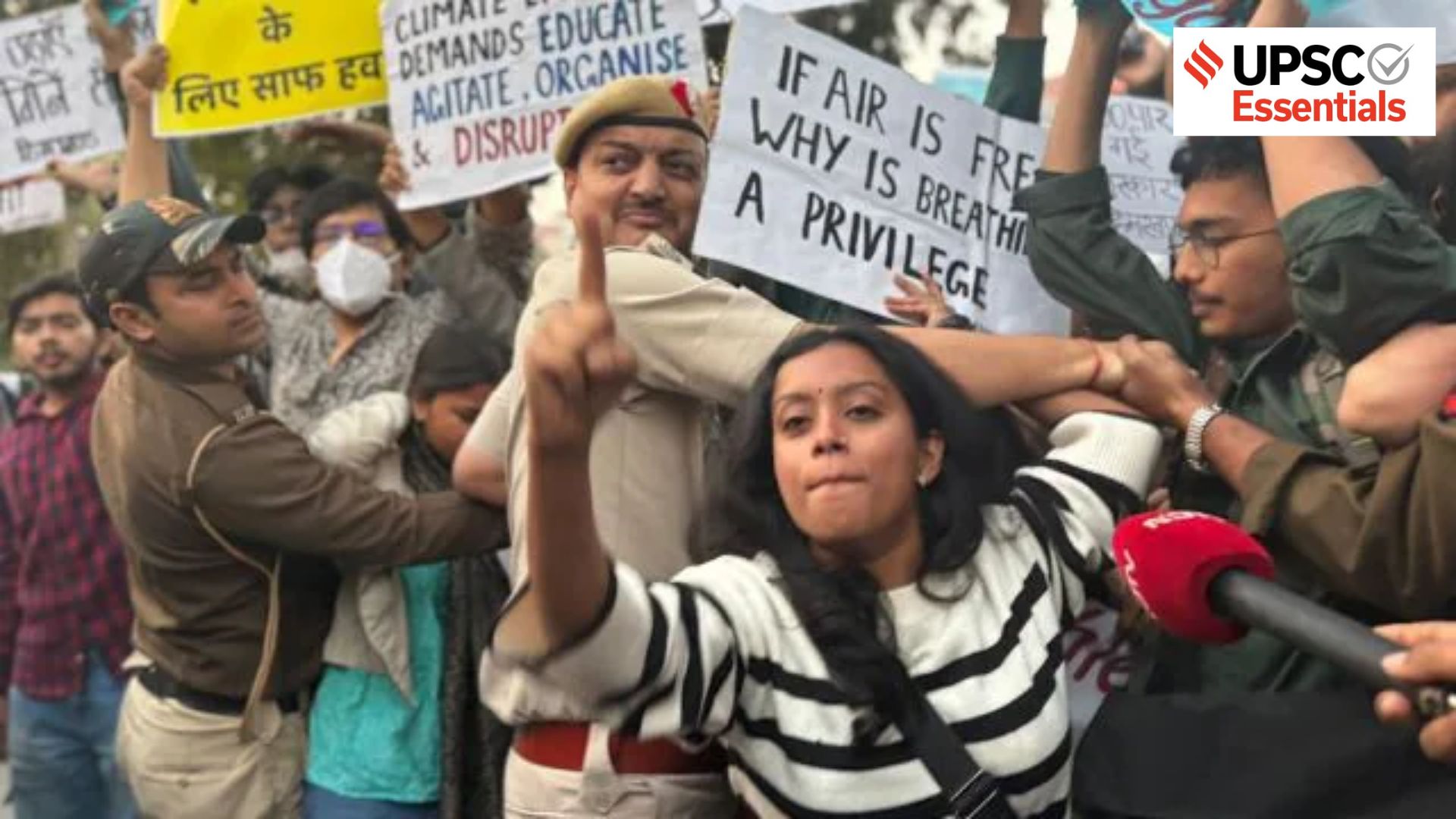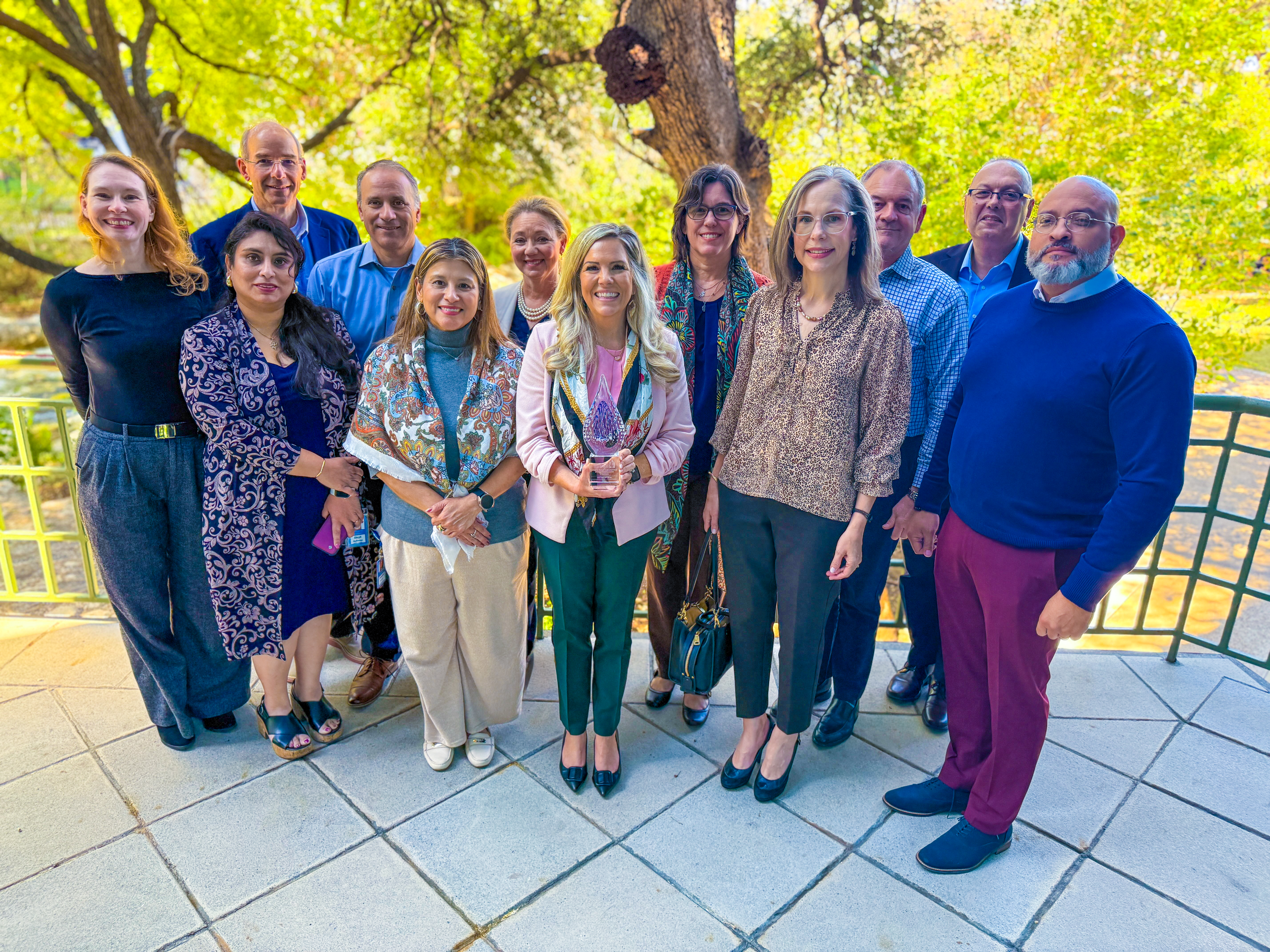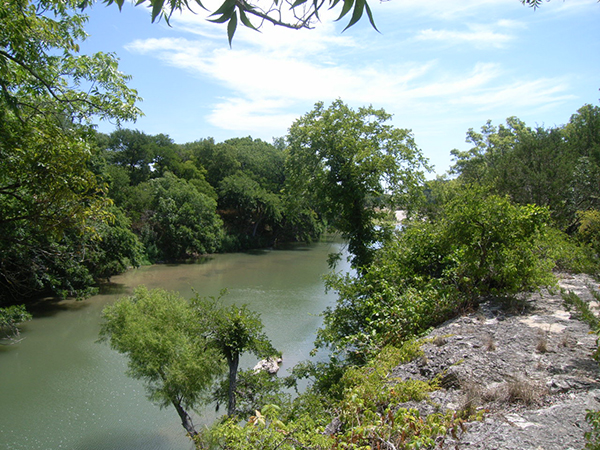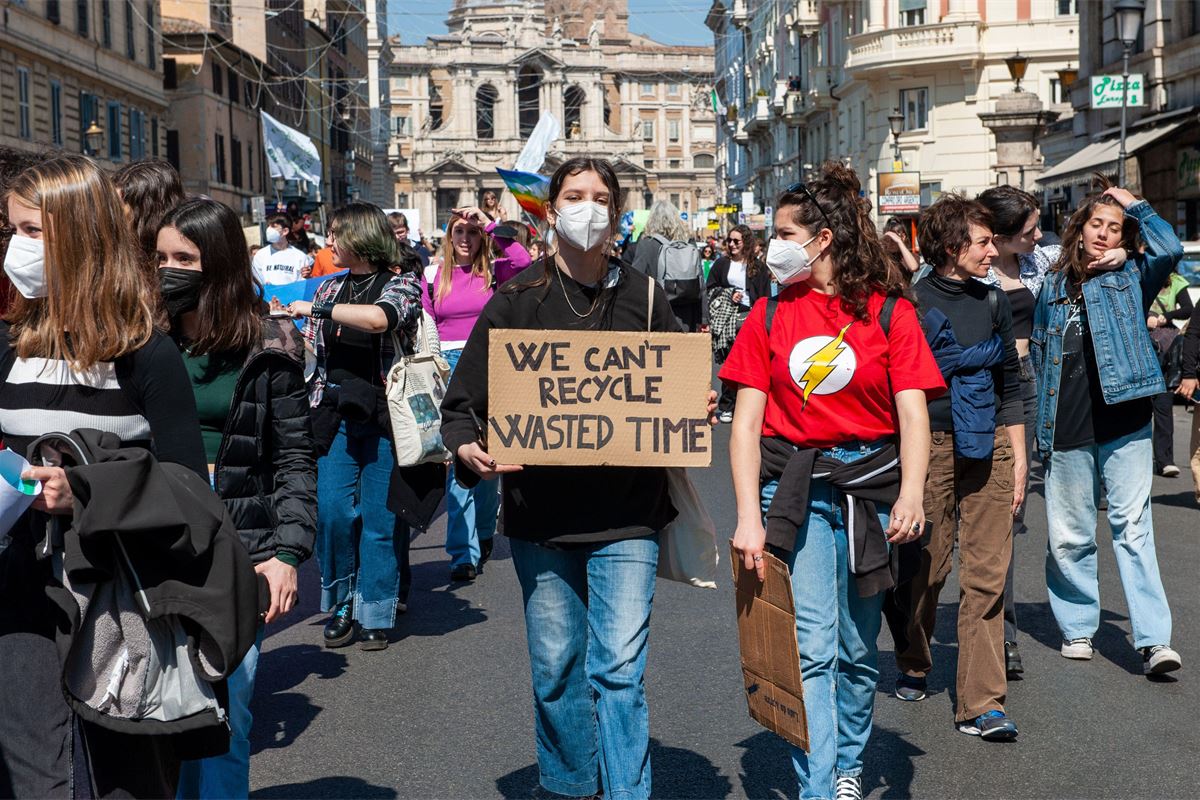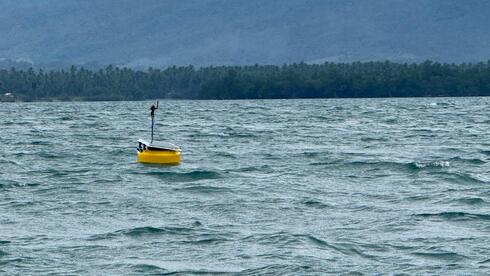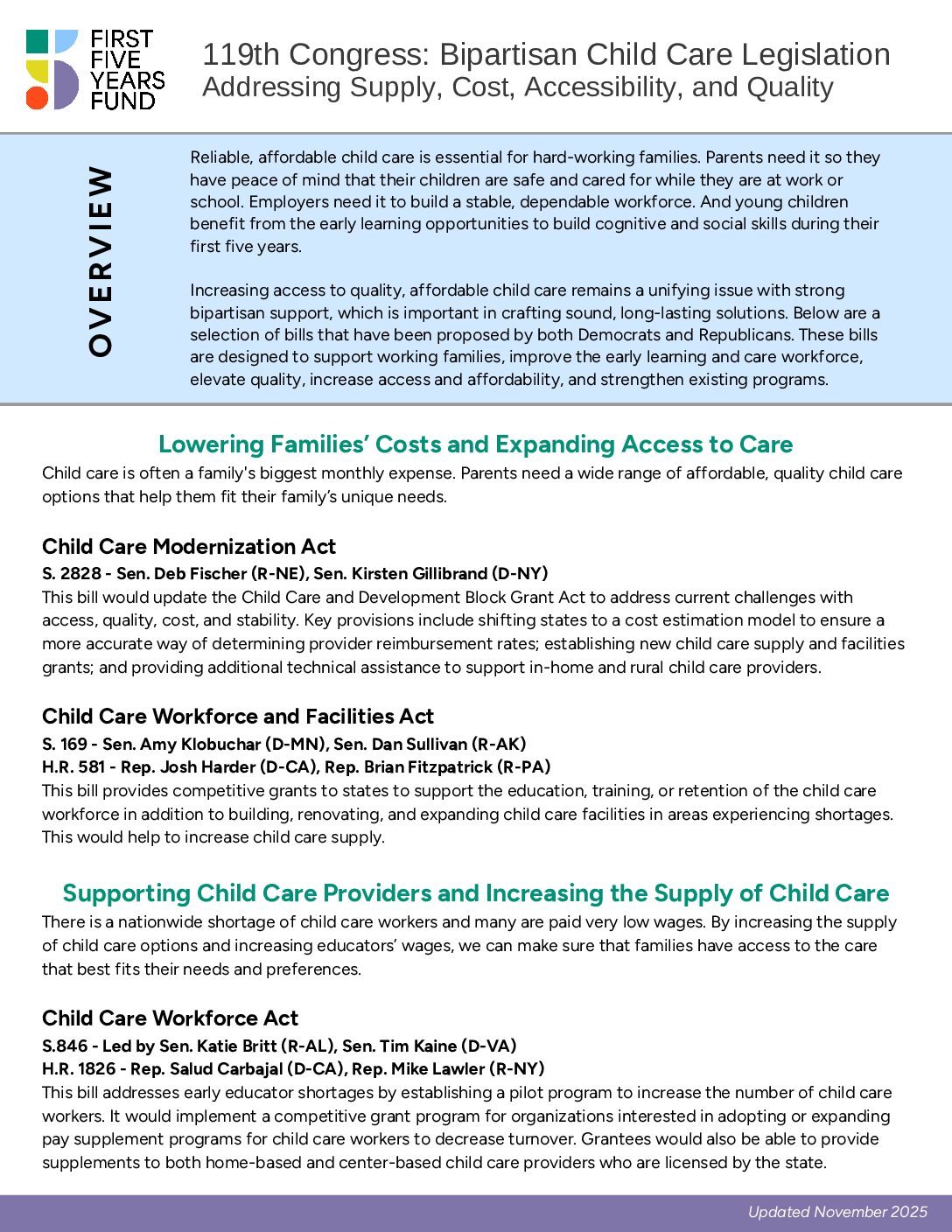Michigan led on safe water after Flint water crisis, but mobile home parks are stubborn rough spot – CBS News

Report on Water Safety and Regulatory Oversight in Michigan Mobile Home Parks
Executive Summary
Despite advancements in drinking water safety following the Flint water crisis, Michigan’s regulatory framework exhibits a significant deficiency in protecting residents of mobile home parks. This oversight, particularly concerning an estimated 100 or more unlicensed parks, directly contravenes multiple United Nations Sustainable Development Goals (SDGs). The proliferation of private equity ownership exacerbates the issue, prioritizing investor returns over essential services and resident well-being. This report analyzes the systemic failures in ensuring safe water access and the resulting impact on SDGs 1, 3, 6, 10, 11, and 16, alongside current legislative efforts to address these critical gaps.
Regulatory Failures and Their Impact on Sustainable Development Goals
Failure to Uphold SDG 6: Clean Water and Sanitation
The state’s inability to guarantee safe drinking water for all mobile home park residents represents a direct failure to meet the targets of SDG 6. While state agencies have authority over parks with their own water systems, a critical loophole exists for parks that receive municipal water. The state’s authority ends where the park’s private property begins, leaving residents vulnerable if the internal pipe infrastructure fails. This results in a lack of safely managed drinking water services for a significant population.
- At the North Morris Estates, residents experienced discolored water, weak pressure, and damage to appliances, forcing them to install private filtration systems.
- The Michigan Department of Environment, Great Lakes and Energy (EGLE) acknowledges it is not resourced to oversee water safety within these private systems, even when public health is at risk.
Exacerbating Inequality and Poverty (SDG 1 & SDG 10)
Mobile home parks serve as a crucial source of affordable housing, and the regulatory failures disproportionately harm lower-income and vulnerable populations, undermining SDG 1 (No Poverty) and SDG 10 (Reduced Inequalities). The business practices of private equity firms, which now control approximately one in six parks in Michigan, often include neglect of essential infrastructure and exploitative practices that increase the financial burden on residents.
- State Senator John Cherry noted that private equity firms appear focused on maximizing returns, “even if that means providing inadequate service or engaging in exploitative practices.”
- The rising cost of mobile homes, which saw a 50% price increase from 2018 to 2023, further threatens their affordability, pushing residents toward poverty.
Threats to Public Health and Well-being (SDG 3)
The provision of contaminated or unreliable water poses a direct threat to the health and well-being of residents, conflicting with the core mission of SDG 3. The lack of safe water for basic needs like drinking, cooking, and laundry creates unsanitary living conditions and potential exposure to waterborne contaminants.
Undermining Sustainable Communities (SDG 11)
SDG 11 calls for making human settlements inclusive, safe, resilient, and sustainable. Michigan’s unlicensed and poorly regulated mobile home parks fail to meet this standard. By operating without oversight, these parks cannot guarantee access to basic services, rendering them unsafe and unsustainable for the communities living there. The state’s reluctance to use its most severe enforcement tool—park closure—highlights the precarious housing situation of residents, who risk homelessness if regulations were to be strictly enforced.
Institutional Weakness and Accountability Challenges (SDG 16)
Enforcement Deficiencies
The current situation reveals a lack of effective and accountable institutions, a key target of SDG 16. The state’s regulatory and enforcement mechanisms are insufficient to hold park owners accountable.
- The Michigan Department of Licensing and Regulatory Affairs (LARA) lacks authority over unlicensed parks.
- The state does not actively track the number or location of these unlicensed communities.
- Criminal prosecution of unlicensed operators is exceedingly rare. The recent conviction of the North Morris Estates owner was reportedly the first of its kind under a 1987 law, suggesting a pattern of non-enforcement by state and local authorities.
The Role of Private Equity
The challenge of building strong institutions is compounded by the ownership structure of many parks. Private equity firms create layers of corporate ownership that make it difficult for regulators and residents to even contact the responsible parties, let alone compel them to comply with safety regulations.
Legislative Responses and Path Forward
Proposed Legislative Solutions
Efforts are underway to amend state law to close these regulatory loopholes and better align with SDG objectives.
- A comprehensive bill proposed in 2024, which would have granted LARA more power to penalize unlicensed parks and limit rent increases, failed to pass after opposition from industry groups.
- A narrower 2025 bill, sponsored by Senator Jeff Irwin, specifically targets the water safety gap. It aims to grant state drinking water officials direct authority to enforce safety standards within all mobile home parks, regardless of the water source. This legislation has passed the state Senate and awaits consideration in the House.
Stakeholder Positions
The Michigan Manufactured Housing Association, an industry group, opposed the broader 2024 legislation, citing affordability concerns. However, it has expressed support for the current, narrower bill focused on extending water protections. State agencies like LARA and EGLE have indicated support for stronger enforcement powers, acknowledging their current limitations in resources and authority.
1. Which SDGs are addressed or connected to the issues highlighted in the article?
-
SDG 6: Clean Water and Sanitation
- The article’s central theme is the failure to provide safe drinking water to residents of mobile home parks in Michigan. It explicitly mentions the “Flint water crisis” as a backdrop and details how park residents receive water that is “discolored,” “stain[s] laundry,” and requires personal filtration systems to be usable. This directly connects to the goal of ensuring the availability and sustainable management of water for all.
-
SDG 11: Sustainable Cities and Communities
- The article discusses mobile home parks as an “important affordable housing option.” However, it highlights that these communities are becoming unsafe and inadequate due to regulatory failures, “blight conditions,” and a lack of basic services like safe water. This relates to the goal of making human settlements inclusive, safe, resilient, and sustainable, particularly the target of ensuring access to adequate and affordable housing.
-
SDG 16: Peace, Justice and Strong Institutions
- A significant portion of the article focuses on institutional failures. It states that regulators have “little power to enforce the rules,” that the state “doesn’t attempt to track unlicensed parks,” and that these parks are “essentially operating unregulated.” This points to a lack of effective, accountable, and transparent institutions, which is a core component of SDG 16.
-
SDG 10: Reduced Inequalities
- The article highlights a specific, vulnerable population—the “hundreds of thousands of people who live in its mobile home parks”—who are not receiving the same protections or services as other citizens. The mention of “exploitative practices” by private equity firms that prioritize investor returns over resident safety underscores the economic and social inequality faced by this group.
2. What specific targets under those SDGs can be identified based on the article’s content?
-
Target 6.1: Achieve universal and equitable access to safe and affordable drinking water for all.
- The article directly addresses this target by describing how residents in certain mobile home parks lack access to “safe water.” The water is described as discolored and sometimes flowing weakly, forcing residents like Theo Gantos to install a “multistage filter system just to be able to use it.” This demonstrates a clear failure to provide safe and equitable drinking water.
-
Target 11.1: Ensure access for all to adequate, safe and affordable housing and basic services.
- Mobile home parks are identified as “an important affordable housing option,” but the article details how they are failing to be “adequate” or “safe.” The lack of safe water is a failure in providing “basic services,” and the mention of “blight conditions” further supports the claim that the housing is inadequate. The article also notes that this housing option’s affordability is “fading.”
-
Target 16.6: Develop effective, accountable and transparent institutions at all levels.
- The article provides extensive evidence of institutional failure. It notes that the Michigan Department of Licensing and Regulatory Affairs (LARA) has limited authority over unlicensed parks and that law enforcement rarely pursues criminal charges. State Senator John Cherry is quoted saying unlicensed parks are “essentially operating unregulated,” which points to a lack of effective and accountable institutions to protect residents.
-
Target 10.2: Empower and promote the social, economic and political inclusion of all, irrespective of… economic or other status.
- The article describes how residents of mobile home parks, a specific community often of a lower economic status, are being excluded from the protections afforded to other residents. The problem is compounded by private equity firms engaging in “exploitative practices” that prioritize profit over the well-being of residents, thus deepening the inequality they face.
3. Are there any indicators mentioned or implied in the article that can be used to measure progress towards the identified targets?
-
Indicator for Target 6.1 (Safely managed drinking water services)
- The article provides qualitative indicators that the water is not safely managed. Descriptions of water that “was discolored,” “could stain laundry and destroy appliances,” and flowed “weakly from the tap” serve as direct evidence. The fact that a resident “installed a multistage filter system just to be able to use it” is a clear indicator of the population not using a safely managed service.
-
Indicator for Target 11.1 (Proportion of population living in inadequate housing)
- The existence of an estimated “100 or more unlicensed parks” is a direct indicator of unregulated and likely inadequate housing. Furthermore, the description of “blight conditions” and the lack of a basic service like safe water are strong qualitative indicators that residents are living in inadequate housing.
-
Indicator for Target 16.6 (Effective, accountable institutions)
- The article implies a lack of institutional effectiveness through several points: the state “doesn’t attempt to track unlicensed parks”; the difficulty officials have in contacting park owners; and the fact that the first criminal conviction for operating without a license under a 1987 law only occurred recently. The statement that regulators have “little power to enforce the rules” is a direct indicator of institutional weakness.
-
Indicator for Target 10.2 (Inclusion of all)
- The article points to the high rate of private equity ownership—”about 1 in every 6 parks in Michigan”—as an indicator of a system that enables inequality. The stated goal of these firms to “return the absolute highest return they can to investors even if that means providing inadequate service or engaging in exploitative practices” serves as a qualitative indicator of economic practices that disadvantage a specific group of residents.
4. Table of SDGs, Targets, and Indicators
| SDGs | Targets | Indicators |
|---|---|---|
| SDG 6: Clean Water and Sanitation | 6.1: Achieve universal and equitable access to safe and affordable drinking water for all. | Qualitative descriptions of unsafe water: “discolored,” “stain[s] laundry,” “destroy[s] appliances,” and requires personal “multistage filter system.” |
| SDG 11: Sustainable Cities and Communities | 11.1: Ensure access for all to adequate, safe and affordable housing and basic services. | Existence of an estimated “100 or more unlicensed parks” operating with “blight conditions” and without basic services like safe water. |
| SDG 16: Peace, Justice and Strong Institutions | 16.6: Develop effective, accountable and transparent institutions at all levels. | Evidence of institutional failure: regulators have “little power to enforce the rules,” the state “doesn’t attempt to track unlicensed parks,” and law enforcement rarely prosecutes non-compliance. |
| SDG 10: Reduced Inequalities | 10.2: Empower and promote the social, economic and political inclusion of all. | Presence of “exploitative practices” by private equity firms that prioritize high returns over providing adequate and safe services to a specific vulnerable population (mobile home park residents). |
Source: cbsnews.com

What is Your Reaction?
 Like
0
Like
0
 Dislike
0
Dislike
0
 Love
0
Love
0
 Funny
0
Funny
0
 Angry
0
Angry
0
 Sad
0
Sad
0
 Wow
0
Wow
0







